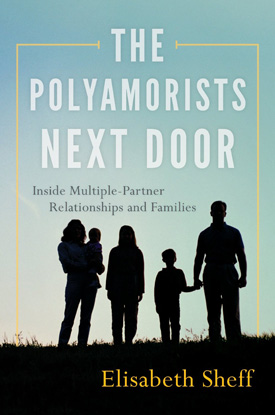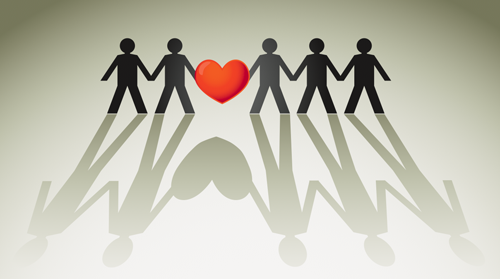 My name is Sherry Mason and I am a psychology student at the University of Central Oklahoma. I, along with a counselling student, Adam Everson, and professor of psychology, Dr. Alicia Limke, Ph.D., are executing research in an attempt to understand the relationship needs of polyamorous people and how those needs are met through multiple partners. As it stands, there is very little research about this community. This greatly disadvantages therapists as well as individuals/couples seeking treatment.
My name is Sherry Mason and I am a psychology student at the University of Central Oklahoma. I, along with a counselling student, Adam Everson, and professor of psychology, Dr. Alicia Limke, Ph.D., are executing research in an attempt to understand the relationship needs of polyamorous people and how those needs are met through multiple partners. As it stands, there is very little research about this community. This greatly disadvantages therapists as well as individuals/couples seeking treatment.
The survey link is as follows:
https://www.surveymonkey.com/r/polyamory_and_attachment
The survey takes approximately 45 minutes to complete and consists of questions about relationships, feelings toward being a sexual minority (i.e., polyamorous), and some general questions on personality. This study is open to individuals of all sexual orientations and gender identities. The applicant will also be entered into a random drawing for a $5.00 gift card to Amazon.com. The safety and privacy of all participants is highly important, we ask that anyone be allowed to share the link to this survey, but to refrain from disclosing any information about their involvement to keep their participation completely anonymous. This project has been approved by the University of Central Oklahoma Institutional Review Board #16107.
If you have any question or would like more information please feel free to contact me at: smason5 (at) uco.edu. Or my associate: Adam Everson, aeverson (at) uco.edu. Or my advisor: Dr. Alicia Limke, Ph.D., alike (at) uco.edu.
Thank you for your time and consideration!
Sherry Mason, AA Psychology
University of Central Oklahoma
Department of Psychology


